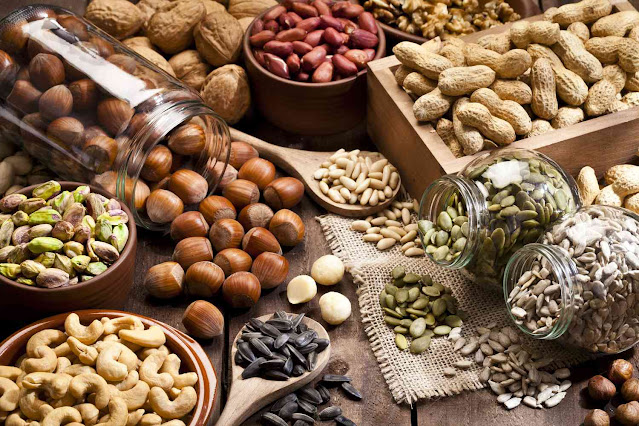Foods that contain citicoline for brain health and function
Citicoline, also known as CDP-choline or cytidine diphosphate-choline, is a compound that plays a crucial role in brain health and function. It is often used as a dietary supplement to support cognitive function and memory. While citicoline is not typically found in high quantities in natural foods, it can be derived from certain dietary sources. Here are some foods that contain citicoline or provide the precursors needed for its synthesis:
Eggs: Eggs are one of the best dietary sources of choline, which can be converted into citicoline in the body. The yolk, in particular, is rich in citicoline.
Liver: Liver, especially beef liver, is high in choline and can contribute to citicoline production.
Fish: Fatty fish like salmon, trout, and sardines contain choline, which can be converted into citicoline.
Soybeans and Soy Products: Soybeans, tofu, and soy products are good sources of citicoline.
Poultry: Chicken and turkey are sources of choline, with higher amounts found in the darker meat and skin.
Nuts and Seeds: Nuts like almonds and sunflower seeds contain citicoline and can be part of a diet that supports citicoline production.
Broccoli and Cauliflower: These cruciferous vegetables contain choline and can contribute to citicoline levels.
Whole Grains: Some whole grains like wheat germ and quinoa contain small amounts of citicoline.
Milk and Dairy Products: Milk and dairy products contain citicoline, with higher amounts found in whole milk.
Potatoes: Potatoes are a source of citicoline, especially when consumed with the skin.
Beans: Some beans, like kidney beans and chickpeas, contain citicoline.
Oranges: Citrus fruits like oranges contain small amounts of citicoline.
While these foods contain choline, which is a precursor to citicoline, it's important to note that citicoline supplements are available and may be more concentrated and bioavailable for those seeking specific cognitive or neuroprotective benefits. If you're considering citicoline supplementation, it's a good idea to consult with a healthcare professional to determine the appropriate dosage and ensure it's safe for your individual needs.



Comments
Post a Comment